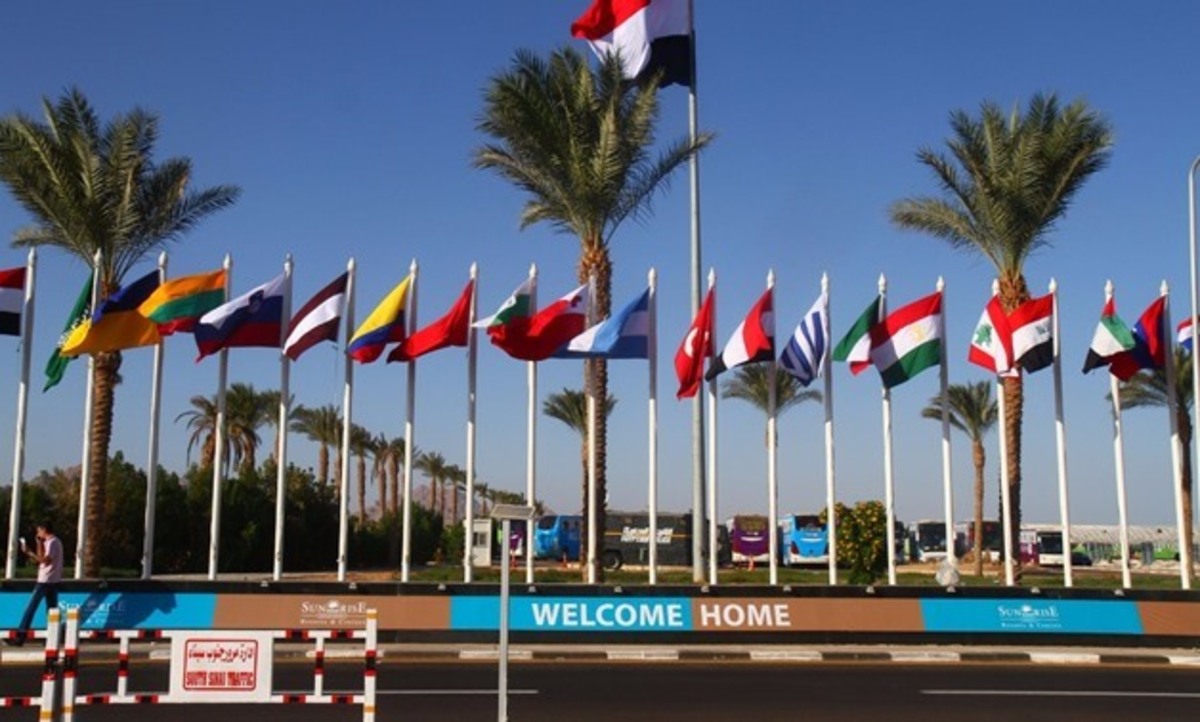The United Nations climate summit, COP27, begins on Sunday in Sharm El Sheikh, the famous touristic resort in Egypt. The main subject before the summit was growing calls for rich countries to make climate compensation to the poorer countries for the damage made due to climate change. Poor countries are most vulnerable to climate change effects.
Loss and damage – compensation funds are a must
Much of the uneasiness surrounding COP27 probably will revolve around loss and damage–compensation funds. These are funds provided by wealthy nations to vulnerable low-income countries. The reason is that small countries bear little responsibility for climate-warming emissions.
During the opening plenary session, delegates will approve the conference agenda. But, all eyes will be turned to the wealthier nations and whether they will agree to have the compensation listed formally on the agenda.
At COP27 in Egypt, diplomats from more than 130 countries are expected to advocate for the establishment of a dedicated loss and damage finance facility.
At COP26 rich countries blocked a proposal for climate compensation
High-income countries blocked a proposal for climate compensation. It is so-called a loss and damage financing body. It was one of the proposals at COP26 last year in Glasgow. Instead, they supported a new three-year dialogue for funding discussions. Poor countries already lose their patience. Some of them suffer serious damage, such as horrible floods that hit Pakistan. The others, like island countries, are losing land due to the warming of the seawater. That causes the melting of the ice on the poles and flooding of the shores.
A session to address loss and damage is currently on the provisional agenda, but policymakers will decide whether to add it to the official agenda today.
Some countries softened on the climate compensation
Matthew Samuda, a minister in Jamaica’s economic growth ministry, told the media that hopes this question will find a place on the official agenda of the summit. Still, he said, many nations’ positions have softened in the meantime, despite the fact that they would not have supported it a year or two ago.
Others were concerned about possible holdouts.
Saleemul Huq, director of the International Centre for Climate Change and Development said that he believes the Europeans are behind countries that suffer most from climate change. He added that we will wait and see if the United States will block this question. It is possible U.S. to decide to remove the loss and damage agenda from the official UN climate summit talks.

